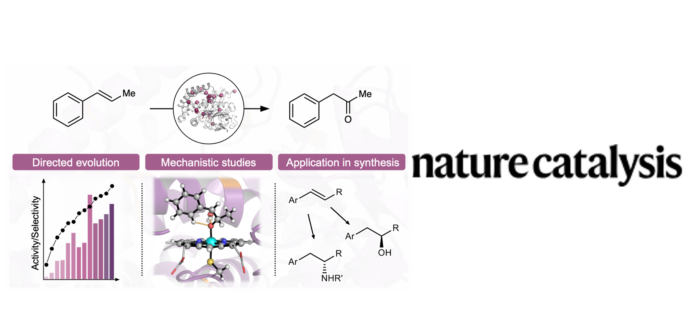A few times a year, the IQCC opens its doors and gives the opportunity to high-school students to know our work through exciting lectures and computational and experimental workshops. This provides the secondary school pupils the possibility to get a feel for the research and have real-time chemistry in their hands. Last month, it was
- sec.iqcc@udg.edu
- +34 972 41 83 57
News
8th of March is International Women’s Day. The IQCC has currently a rather favourable balance in gender ratio of staff members, both at the Master level (50%), PhD level (38%), postdocs (24%) and permanent researchers staff (29%). Notably, out of the 4 most recent permanent members, 2 are men and 2 are women, reinforcing one
Last 30th March took place the Spring edition of the IQCC Forum, a quarterly meeting-place where high-quality science will be discussed. The IQCC Forum gives the opportunity for PhD and postdoc members of the IQCC to present their work to a wide audience. This will lead to better knowledge of the work that is being
Next week Tuesday will be the defense of the doctoral thesis of Jordi Soler i Parpal, titled “Multiscalar strategies for the characterization of engineered P450 enzymes”, supervised by Prof. Sílvia Osuna and Dr. Marc Garcia-Borràs from IQCC. Place: Sala de Graus de la Facultat de Dret Date: Tuesday September 19th, 2023 Time: 11.00am We wish him good luck and
Every year in June and July since 2008, the UdG is organizing the 13th CampusPreBAT with the aim to offer a set of activities that show an overview of the areas of knowledge in which the UdG works, the studies that can be taken there as well as the services available to 4th ESO students
Ketones are crucial intermediates in synthesis and frequent moieties in many products. The direct regioselective synthesis of ketones from internal alkenes could simplify synthetic routes and solve a long-standing challenge in catalysis. In this work, the groups of Prof. Stephan Hammer (University of Bielefeld, Germany) and Dr. Marc Garcia-Borràs (IQCC), report the laboratory evolution of
Next week Tuesday will be the defense of the doctoral thesis of Laia Vicens Serra, titled “Implementing amino acids in manganese-catalyzed biologically inspired oxidations: g-lactonization and ligand design”, supervised by Prof. Miquel Costas from IQCC. Place: Sala de Graus de la Facultat de Dret Date: Tuesday July 18, 2023 Time: 11.00h We wish her good luck and all
Recently, Sowlati-Hashjin et al. (Nature Communications 13, 2069 (2022)) concluded that the nature of the Li–C chemical bond in LiCF3 differs significantly from that in LiCPh3 (Ph = phenyl). Whereas the Li–C bond of LiCF3 is classified as a conventional two-center two-electron bond (exchange-correlation interaction collectivity index, ICIXC = 0.910, ICIXC > 0.9 and close
Last week (June 25-29, 2023) took place the XXXIX Reunión Bienal 2023 Conference from Real Sociedad Española de Química (RSEQ) in Zaragoza, which included a poster session. Artur Brotons-Rufes, PhD student under the supervision of Dr. Albert Poater, presented a poster titled “A DFT STUDY ON A MACROCYCLIC RUTHENIUM CATALYST FORSELECTIVE CROSS-COUPLING OLEFIN METATHESIS”, and won one of the








